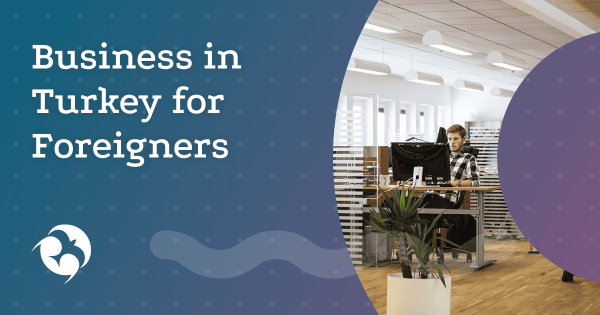Belgium is changing its immigration policy in the Brussels regions from 1 October 2024 in the Brussels regions, which leads to a change in immigration policy concerning foreign investors. The main changes of the group are below.
Salaries of highly qualified specialists will be strictly assessed
The minimum salary requirements for highly qualified specialists are being increased. Employers must no longer use “benefits in kind” to limit the salary thresholds of managers. Many employers currently use this when obtaining work permits for highly qualified specialists.
Employers will now have to increase the basic salary if it does not reach the minimum requirements, without adding additional funds in kind to it.
Annual notification will be abolished
Employers will no longer have to notify each year of work permits for periods longer than 12 months.
The Brussels authorities will now carry out the annual audit themselves, instead of employers having to do it each year. Employers will no longer have to contact the authorities in advance to maintain a valid work permit.
Introduce new restrictions on work permits
If an employee applies for a vacancy on the shortage list, they must take the test. According to the new provisions, the longer test will not be mandatory in the Brussels factions. This innovation will speed up and facilitate employers’ access to talent in key shortage areas.
In addition, it will be easier for foreign investors to change employers without applying for a new work permit. Currently, an employee can only do this after 48 months in the Brussels region. Under the new provisions, they will be able to do so after 30 months. This will allow them to change employers faster and save time and money for some foreign entrepreneurs and employers.
Requirements for EU Blue Card holders to be relaxed
Currently, only candidates with the appropriate academic qualifications are eligible to receive an EU Blue Card in the Brussels-based countries.
According to the new rules, candidates without a relevant higher education qualification will be eligible for the EU Blue Card if they:
- work in managerial positions (International New Standard Classification of Occupations (ISCO)-08, code 133) or in specialist positions (ISCO-08 25) currently in the field of information and communication technology;
- have valid job offers: employment contracts must be concluded for a period of only six months (instead of the current 12-month minimum). This change provides employers with greater flexibility in terms of developing employment conditions.
EU Blue Card holders cannot change employers during the first 24 months of employment without first obtaining a new work permit.
According to the new rules:
- Up to 12 months of employment: EU Blue Card holders may change employers within 30 days of notifying the Regional Ministry of their disappearance (unless their request is rejected).
- After 12 months of employment: EU Blue Card holders may change employers immediately. Although the authorities must still be notified of the change of employer.
Introduce clearer criteria for applications for professional cards for the self-employed
The requirements for obtaining professional cards for self-employed businesses and the reasons for refusal will be clearly set out. Currently, the application rules for self-employed workers are very confusing and unclear.
When applying for an extension of the self-employed status, it is now necessary to document that financial goals are determinable or that the applicant has sufficient real financial capacity to withstand the current consequences and make a profit in the future.
The new rules imply an increase in risk if applicants fail to prove that their professional activity is financially reliable and sustainable.
Other changes in legislation
What else is planned:
- Simplify the application process for collective work permits;
- Introduce additional documentation for all permit applications;
- Add additional exemptions to work permits for researchers;
- Add new requirements for employers in the Brussels region to obtain a work permit from the Brussels authorities if the employee works remotely from abroad;
- Introduce new grounds for refusing applications for sponsored work permits.
Belgium will likely continue to pursue a policy of attracting talent that is not available among the local population to fill the skills gap, while limiting immigration to other regions.
The Walloon Region is also expected to implement the revised EU Blue Card Directive in a similar way, and legislation.












